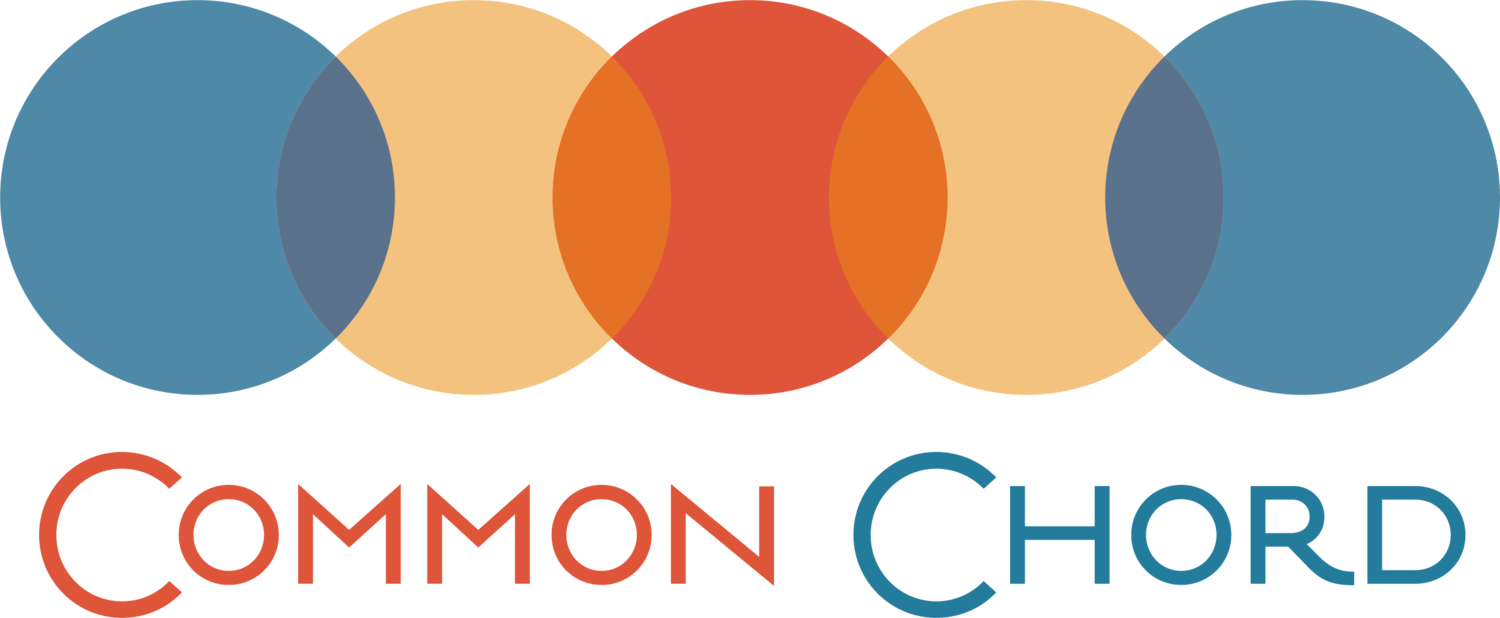Autism In Girls with Marcia Eckerd
It's safe to say people who are neurodivergent may not be precisely what we expect in our mainstream day to day lives.. Neurodivergent people are intelligent, funny, and creative! Much of the initial research on autism was done studying boys and men. Autism is different in girls and women, and we expect different behaviors from girls and boys socially.
Recognizing autism in girls can be tricky. Experience in offices and schools tells us that young girls with an autism diagnosis may present with a different profile than boys with an autism diagnosis. Dr. Laura invited Marcia Eckerd for a conversation on what confuses parents & clinicians about what autism may look like in girls, and how related behaviors are often misunderstood. This episode highlights the harm that can be done when girls do not get the support and understanding that they need.
Marcia diagnoses and helps autistic individuals with self acceptance as neurodivergent, as well as help them navigate achieving their goals. She has worked with autistic individuals as a licensed psychologist for 30 years. In Marcia's therapy, evaluations, writing, speaking and advocacy I seek to improve the understanding, inclusion and respect for those who are autistic.
She was appointed to the CT ASD Advisory Council and serves on the Clinical Advisory Group of the Asperger’s Autism Network (AANE.org), a nationally recognized resource for autism services and education. She is also on the Board of Directors of NeuroClastic.org, an autistic nonprofit that provides education, opportunities, and resources for autistic individuals.
What You Will Learn:
Autism in girls and boys looks different
1 in 44 kids are autistic, according to the CDC
What is helpful and not helpful about having a label of autism
Why the idea of ableism can be harmful
What to look for if you think your daughter may have an autism diagnosis
Listen to the full podcast here.
Thank you for connecting,
Dr. Laura Anderson
Dr. Laura S. Anderson specializes in educating and supporting families, as well as clinicians who support transracial adoptive families, across the globe to overcome barriers, derive strength from their differences, and thrive. She is a dynamic advocate for multiracial families and a strong advocate for supporting "third culture" children and families who may need support with the stressors associated with living out of their countries of origin and kids navigating gender and diversity.
Contact Dr. Anderson here.



